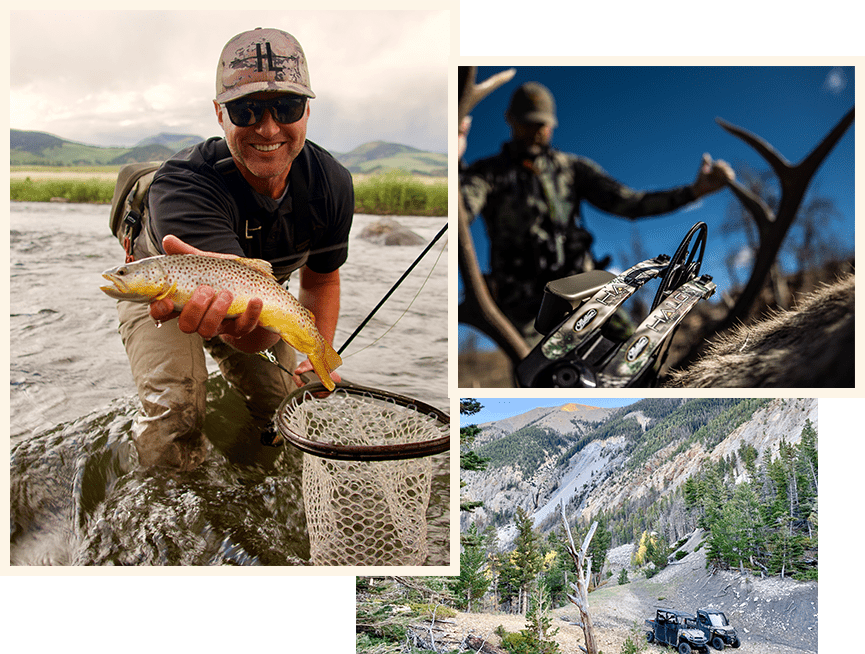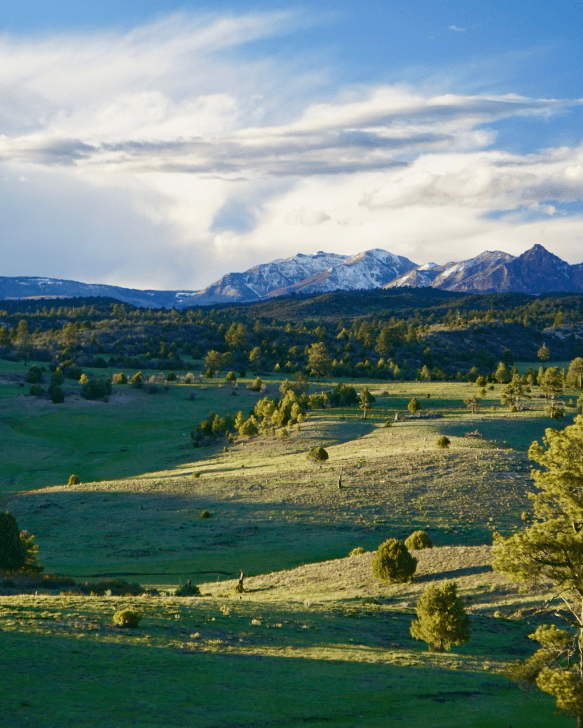Let’s shine a flashlight on hunting ethics. To some, wild game sustains their families for months. Think steaks, burgers, sausage and jerky. Others see hunting more as a sport than a place of sustenance. Regardless of what motivates you to hunt, let’s go over its “cowboy code” or the hunter’s code of ethics.
What is Hunting Ethics?
Written into rules but understood as a type of chivalry, the hunter’s code or hunting ethics boils down to being careful and respecting everything and everyone around you.
Sounds simple, correct? True, if you develop good habits. Start with these keys for respect:
- Natural resources
- Other hunters
- Landowners
- Non-hunters
The Ethics of Hunting Explained
Ethics are the moral principles that determine right and wrong. For hunters, this goes beyond laws and rules. Simply put, doing the right thing out in the field safeguards your ability to hunt.
The man deemed the father of wildlife management explained, “Ethical behavior is doing the right thing when no one else is watching – even when doing the wrong thing is legal.”
Let that sink in for a minute. Hunting ethics revolves around considering the many elements that go into using the land and making the best decision to preserve these beautiful spaces. Sometimes this means doing the harder thing, the more involved skill, or putting a little more effort into your hunt
Hunters tend to capture headlines. One hunter’s negative action can consequently affect the entire sport. So, there are unspoken principles. For example, when hunting on private property, be careful to close the gates behind you.
Then, be careful to load your firearms safely. Oh, and point your muzzle in a safe direction if you are ever approached by a law enforcement officer. Good hunting habits like these speak volumes for the reputation of the sport.
Ways to Respect Natural Resources with Hunting Ethics
Respecting natural resources may simply be common sense but it is nice to set standards for yourself. One of the agencies listed these examples:
- Leave the land better than you found it.
- Know your capabilities and limitations as a marksman and stay within your effective range.
- Strive for a quick, clean kill.
- Ensure that meat and usable parts are not wasted.
Ways to Respect Other Hunters
Courtesy and natural grace lead to good hunting ethics. Be sure your hunting group follows safe firearm handling practices and share expertise. Do not interfere with anyone else’s hunting. It is also important to stay away from alcohol; it doesn’t mix well with firearm safety.
How to Respect Landowners While Hunting
The golden rule goes a long way when it comes to dealing with landowners; treat others with the respect you would like to be treated with. Of course, you would get permission to hunt before you enter the property and follow their directions.
And do let the owner know when you come and go. Yes, you will treat their animals and crops carefully. But also go the extra mile. You could offer to share part of your harvest with the owner.
Ethical Hunting Tips
While you’re out hunting, it’s important to ensure that you’ve done your homework about what it is you’re going to kill. Hunters get a bad rep when they make mistakes, and the spotlight usually falls on us when we make poor choices.
When it comes to hunting keep the following in mind:
- Use bullet and arrow sizes appropriate for the game you are hunting. You want a swift kill that leaves as much usable animal by-products (meat, hide, bones, etc.) as possible.
- Take a shot at a reasonable range. When you hunt, you want to use your marksman skills to shoot the animal as effectively as possible. This means using an appropriate range for the weapon you are using, and hitting the animal in the correct spot for a humane kill. Wounding the animal requires you to track it until it is killed.
- Keep the chase fair. Any ethical hunter does not have a distinct advantage over their game. This means not using an unfair advantage such as a cage, tied, or drugged animal. Ask yourself: Does the animal have a reasonable chance of escape? Am I being respectful of the animal’s life? Is this within the realm of “normal” for the animal’s life? If the answer is “no” seek game elsewhere.
Want to Own a Hunting Ranch?
The ultimate give-back to the hunting community might be your very own ranching property. With several programs throughout the western US that allow public hunting on private land, you can be a part of the generous cycle of hunters and wildlife.
Contact us today to learn about hunting ranches for sale and find your dream home. We specialize in ranch sales in Colorado, New Mexico, Wyoming, Montana, and Utah.


